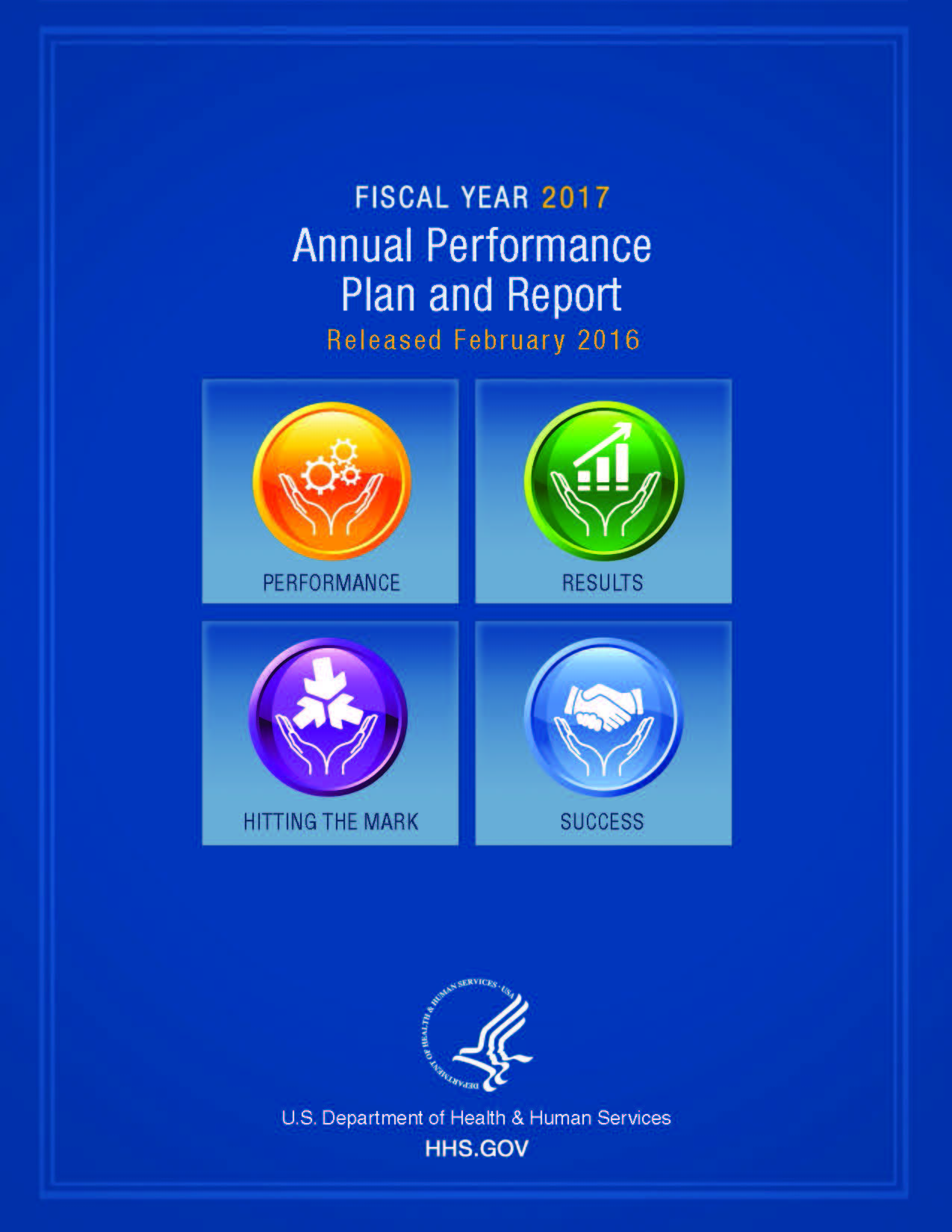- Home
- Agencies
- Department of Agriculture
- Department of Housing and Urban Development
- General Services Administration
- Department of Commerce
- Department of the Interior
- National Aeronautics and Space Administration
- Department of Defense
- Department of Justice
- National Science Foundation
- Department of Education
- Department of Labor
- Office of Personnel Management
- Department of Energy
- Department of State
- Small Business Administration
- Environmental Protection Agency
- Department of Transportation
- Social Security Administration
- Department of Health and Human Services
- Department of the Treasury
- U.S. Agency for International Development
- Department of Homeland Security
- Department of Veterans Affairs
- Goals
- Initiatives
- Programs
Primary tabs
Key to Changes
This text is Revised text
This word has been added to the text
This text is Last Published text
This word has been removed from the text
Modifed styling with no visual changes
Strategic Objective
Strengthen program integrity and responsible stewardship by reducing improper payments, fighting fraud, and integrating financial, performance, and risk management
Strategic Objective
Progress Update
Please note that this section summarizes the result of the FY 2014 HHS Strategic Review process, limiting the scope of content to that available prior to spring of 2015. Due to this constraint, the following may not be the most current information available.
Conclusions: Progressing
Analysis: HHS has made progress in addressing improper payments. HHS has established new risk-based screening requirements to ensure that only legitimate providers are enrolling in and billing the Medicare program. The Department has instituted a number of new policies and demonstrations to strengthen program integrity within (FFS), such as requiring physicians to document face-to face-encounters with a patient prior to certifying eligibility for the home health benefit and instituting a prior authorization demonstration program for power mobility devices. This demonstration has reduced improper payments and overall Medicare expenditures and was expanded in FY 2015 from the initial seven states to include an additional 12 states.
Other areas of progress include the implementation of revisions to the financial reporting form in the Temporary Assistance for Needy Families (TANF) program, which will require states to provide more accurate information about the ways they are using their TANF block grants and meeting Maintenance-of-Effort obligations, as well as the continuation of the Senior Medicare Patrol program to empower Medicare beneficiaries, their families, and caregivers to prevent Medicare fraud, waste, and abuse through outreach, counseling and education.
HHS still faces challenges in reducing improper payments, as the FY 2014 improper payment rates for both the Medicare FFS and Medicaid programs increased from previous years. The factors contributing to improper payments are complex and vary from year to year. Insufficient documentation for home health claims was the major driver of the increase in the Medicare Fee-For-Service improper payment rate, increasing from 17 percent in FY 2013 to 51 percent in FY 2014 due to the implementation of new face-to-face encounter requirements to support the medical necessity of the billed services. Another contributing factor was medical necessity errors that are common for inpatient hospital claims, particularly short stays found to not be medically necessary because services should have been billed as outpatient (i.e., patient status errors).
During the review, a weakness identified was the statutory limitations in the TANF program, which prohibit HHS from requiring states to participate in a TANF improper payment measure. As a result, the TANF program has not reported an improper payment error rate. In addition, Medicare Advantage and state Medicaid programs face challenges with managed care due to the program integrity responsibilities largely being delegated to the managed care organizations as part of the capitated payment. The Department is seeking to take a more active role in program integrity oversight and guidance.
HHS is working to revisit and revise performance measures to track new developments, specifically related to cybersecurity. HHS and its individual Operating and Staff Divisions are developing and implementing Enterprise Risk Management principles to better address risk. In addition, the Department is looking at integrating the Medicare and Medicaid program integrity work to provide cooperative benefits in fraud, waste, and abuse oversight.








